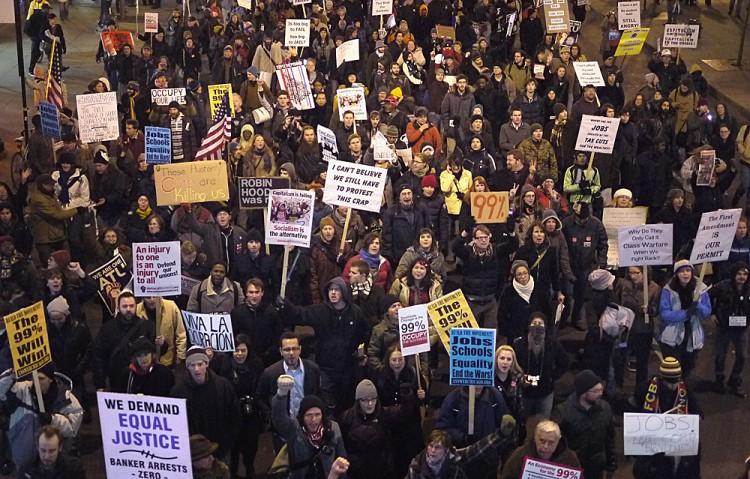CHICAGO—This May world leaders will convene in Chicago for two international summits, NATO and G-8, but they won’t be coming alone. Big protests are expected to accompany the dual gatherings of economic superpowers, and authorities want to make sure there aren’t also big problems.
While much has changed since the city’s bloody 1968 Democratic Convention, Chicago officials are taking extra precautions for their 2012 world welcoming party. To mitigate any problems associated with peaceable assemblies turning ugly, Chicago Mayor Rahm Emanuel last month suggested tougher restrictions for protesters—including relegating assemblies to sidewalks, registration requirements for individuals and equipment, liability insurance demands, and big fines for demonstrators who fail to comply.
This is the first year since London in 1977 that both the NATO and G-8 summits have been held in one location. With so many world leaders in the Windy City at once, the upcoming double bill has been dubbed “a security challenge that no American city has ever had to face.”
Mayor Emanuel claims he’s committed to First Amendment protections, but says he also has a responsibility to ensure public safety. Last month the mayor told reporters that he would strive to achieve both objectives.







